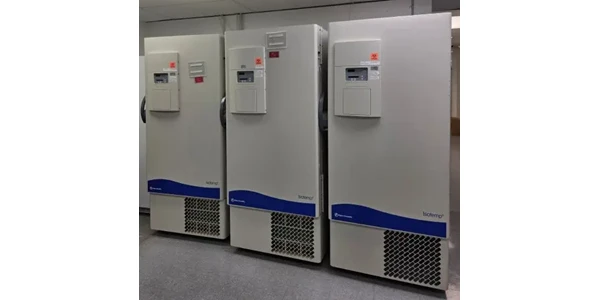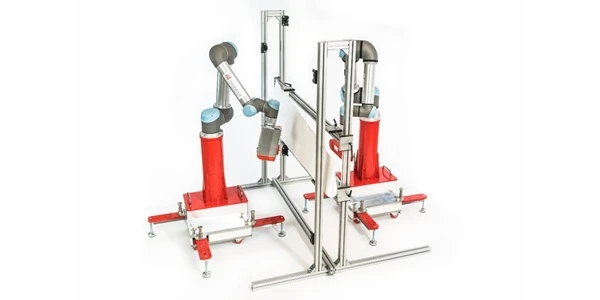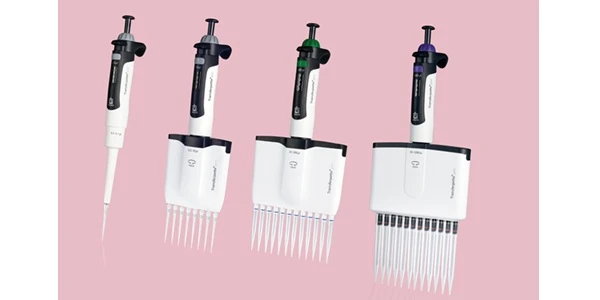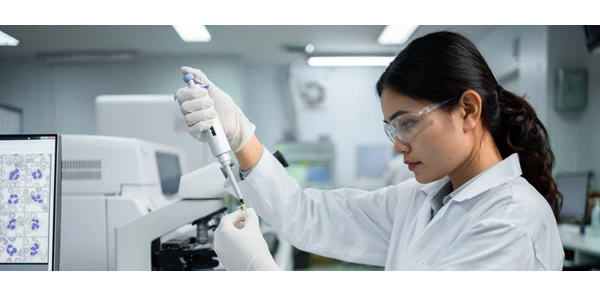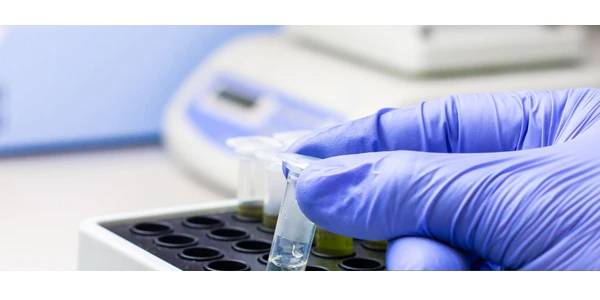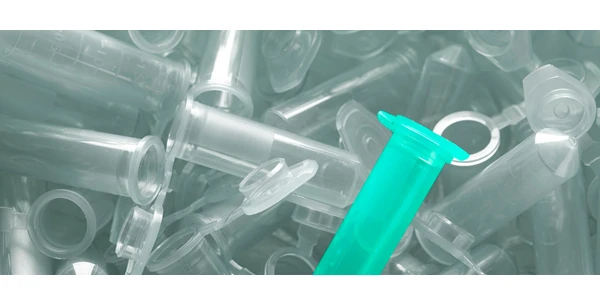Key Differences Between Pre-Owned Mass Spectrometer Vendors: What Buyers Need to Know
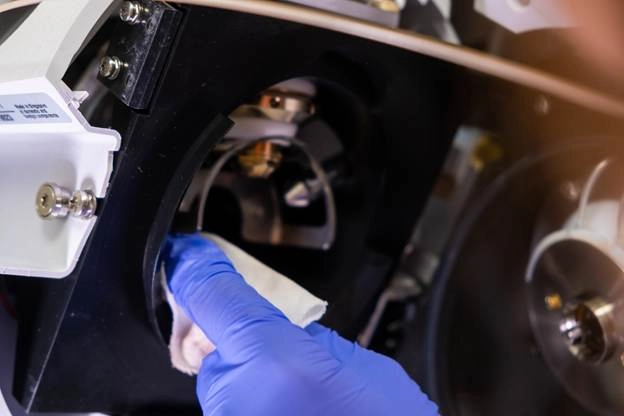
Purchasing a pre-owned mass spectrometer can be a cost-effective solution for laboratories looking to expand analytical capabilities without the high price tag of a new instrument. However, not all pre-owned mass spectrometer vendors offer the same level of quality, support, and reliability. Understanding the key differences between vendors can help labs make an informed purchase decision and avoid potential pitfalls.
Manufacturer-Certified Pre-Owned Vendors
Some mass spectrometer manufacturers offer certified pre-owned instruments directly from their official refurbishment programs. These vendors provide:
- Factory refurbishment – Instruments are tested, repaired, and restored to like-new condition.
- Manufacturer calibration and validation – The system meets original performance specifications.
- Official service contracts and warranties – Extended coverage for parts, labor, and technical support.
- Software and firmware updates – Ensures compliance and compatibility
Pros:
- Guaranteed quality and compliance with manufacturer standards.
- Direct access to OEM parts, support service, and training, for less money than a new instrument.
- Includes manufacturer-backed warranties and documentation.
- Peace-of-mind that all necessary accessories, power cords, software, and firmware upgrades are included.
- Maintain a wide portfolio of instruments, including current and previous generation equipment.
- New software and laptop
- Customizable configurations to fit application needs
- Financing or rental options may be available.
Cons:
- Higher cost compared to third-party vendors.
- Limited availability—certified pre-owned models may not always be in stock.
Independent Third-Party Refurbishers
Independent refurbishers specialize in repairing, sourcing, and reselling used mass spectrometers. These vendors typically:
- Source instruments from various labs, auctions, and surplus inventories.
- Perform custom refurbishment – Cleaning, part replacements, and recalibration.
- Offer affordable pricing – Often 30–70% cheaper than buying new.
- Provide basic warranties (usually 3–6 months) and sourcing, may offer extended
Pros:
- Cost savings compared to OEM-certified systems.
- Customizable packages (accessories, and upgrades).
- Often offer trade-in and buyback programs for older equipment.
- Purchasing the instrument listed, rather than from an instrument pool.
Cons:
- Quality varies by vendor – Some offer full refurbishments, while others may sell lightly tested units.
- Limited or no manufacturer support – Buyers rely on third-party servicing.
- Potential software licensing issues – Some older models may lack firmware updates.
Used Equipment Marketplaces and Auctions
Online marketplaces and surplus auctions can offer as-is used mass spectrometers from various sources. These listings may include:
- Direct lab sales – Instruments sold by laboratories upgrading their equipment.
- Auctioned surplus – Government agencies, universities, and research institutions selling used instruments.
- Wholesale lots – Brokers and liquidation companies selling multiple units.
Pros:
- Lowest upfront cost – Equipment can be acquired for a fraction of the new price.
- Wide selection – Buyers can find specific models that may be unavailable elsewhere.
- Potential for bulk discounts – Labs purchasing multiple units may negotiate deals.
Cons:
- No refurbishment or testing guarantees – Instruments are sold as-is with unknown performance.
- High risk of hidden defects – Vacuum leaks, electronic failures, and contamination issues are common.
- No warranty or support – Buyers are responsible for all repairs and servicing.
- Necessary software licenses and installation parts excluded - High cost post purchase expenses are typical.
Laboratory Equipment Rental and Leasing Companies
For labs that need a mass spectrometer without committing to full ownership, rental and leasing vendors provide:
- Short-term and long-term leasing options
- Fully serviced and maintained instruments
- Upgradable contracts – Ability to swap for newer models as needs change.
- Lower upfront costs – Leasing spreads payments over time.
Pros:
- Ideal for temporary projects or budget-constrained labs.
- Includes maintenance and support within lease agreements.
- Allows access to newer technology without full investment.
- Terms may include an option to purchase the instrument at the end of the lease or rental agreement.
Cons:
- Labs do not own the instrument at the end of the lease.
- Leasing terms may include restrictions on modifications or servicing.
- Instead of a large capital expenditure, a lease or rental agreement is a reliable monthly payment from operational budget.
Key Factors to Consider When Choosing a Vendor
When selecting a pre-owned mass spectrometer vendor, evaluate the following:
- Budget – Do you prioritize low upfront cost or long-term reliability?
- Warranty & Support – Does the vendor offer technical support and service contracts?
- Refurbishment Process – Has the instrument been fully tested, calibrated, and cleaned?
- Software & Licensing – Is the system compatible with modern software? Is a new software license included, or what is the cost of acquiring software to operate the instrument?
- Compliance Needs – Does the vendor provide certification for GMP, GLP, or ISO 17025?
Summary
For labs prioritizing long-term reliability and support, manufacturer-certified vendors are the best choice. For those looking for affordable, functional systems, independent refurbishers can offer great value. However, buying from marketplaces and auctions carries the highest risk and should only be considered by experienced buyers.
